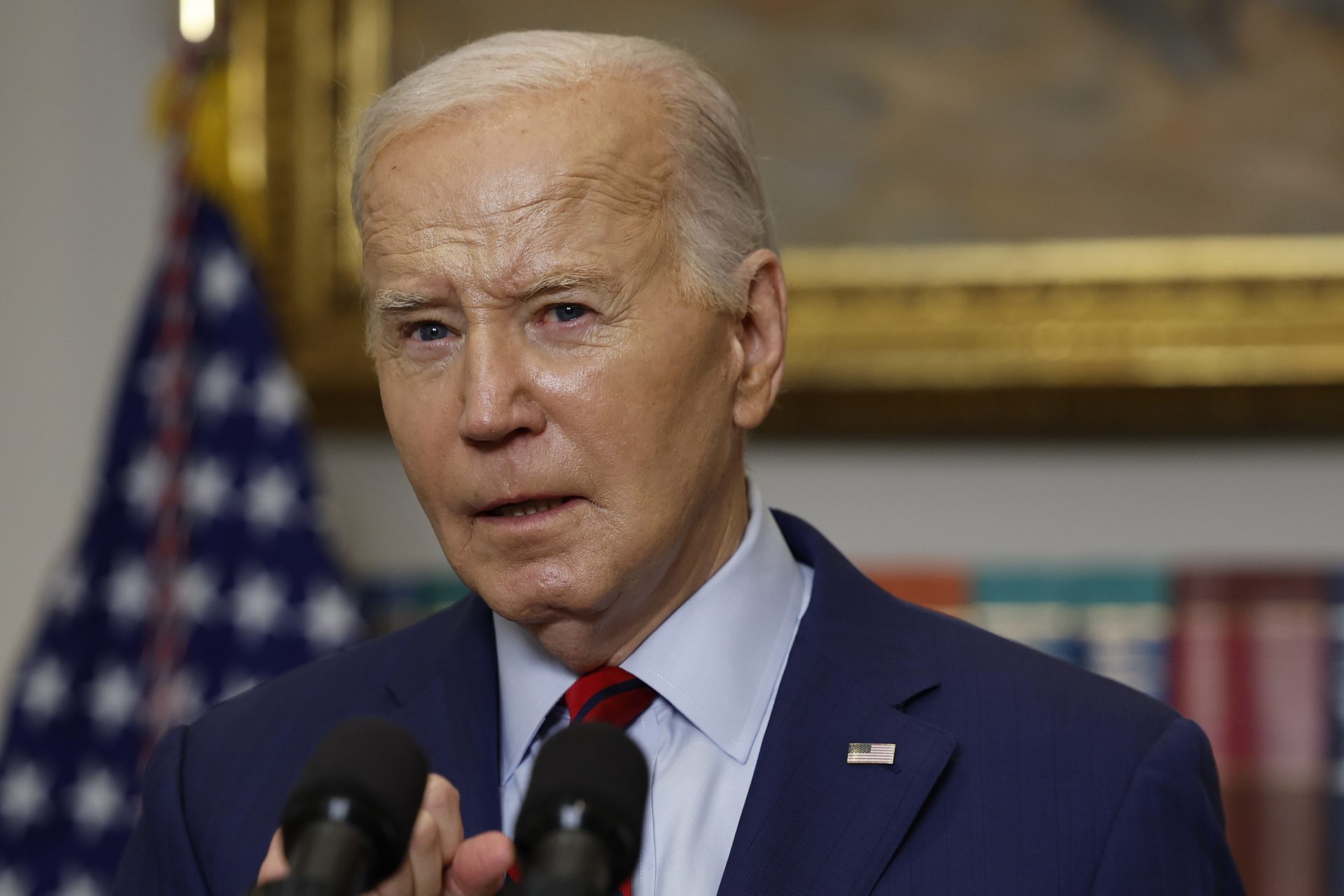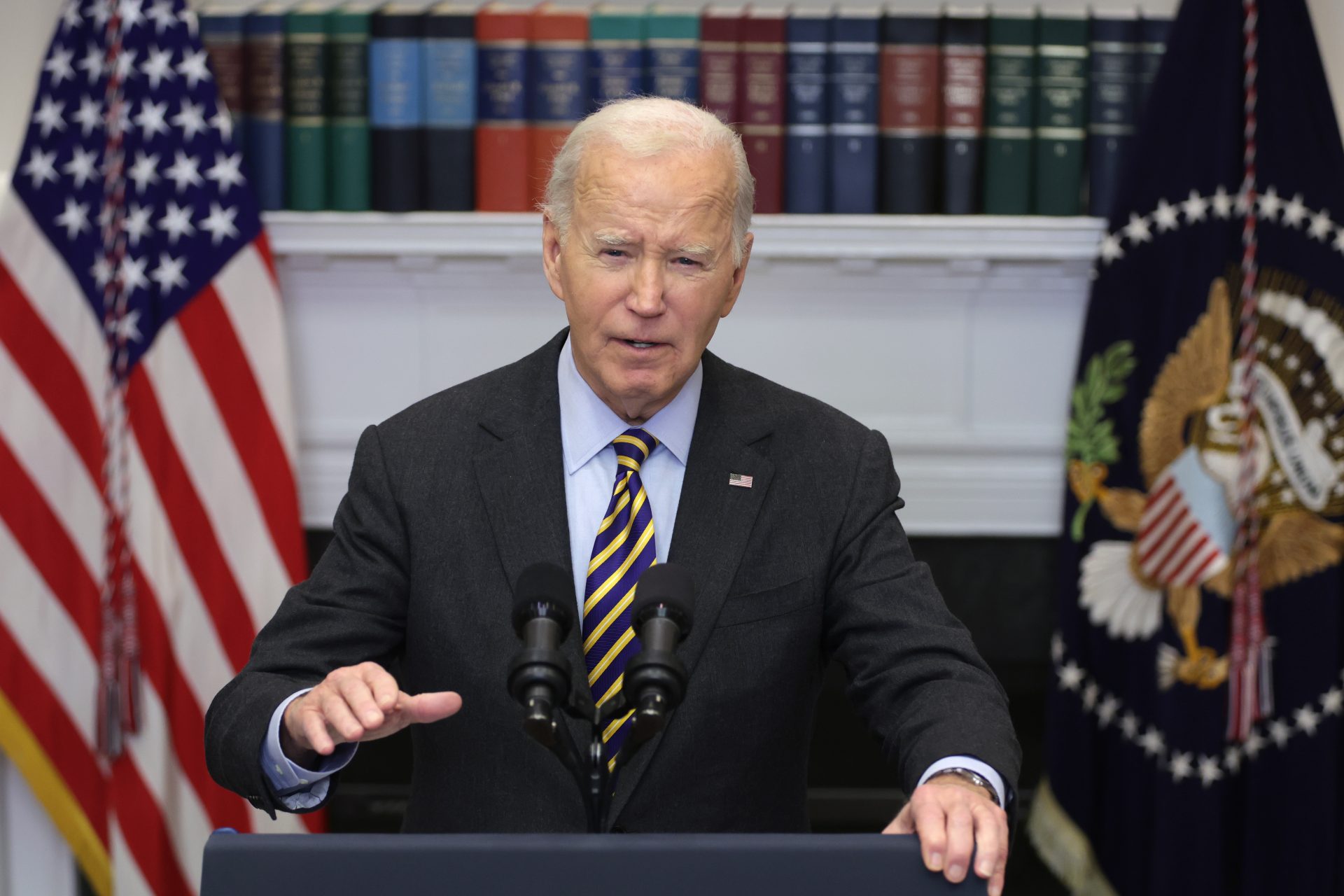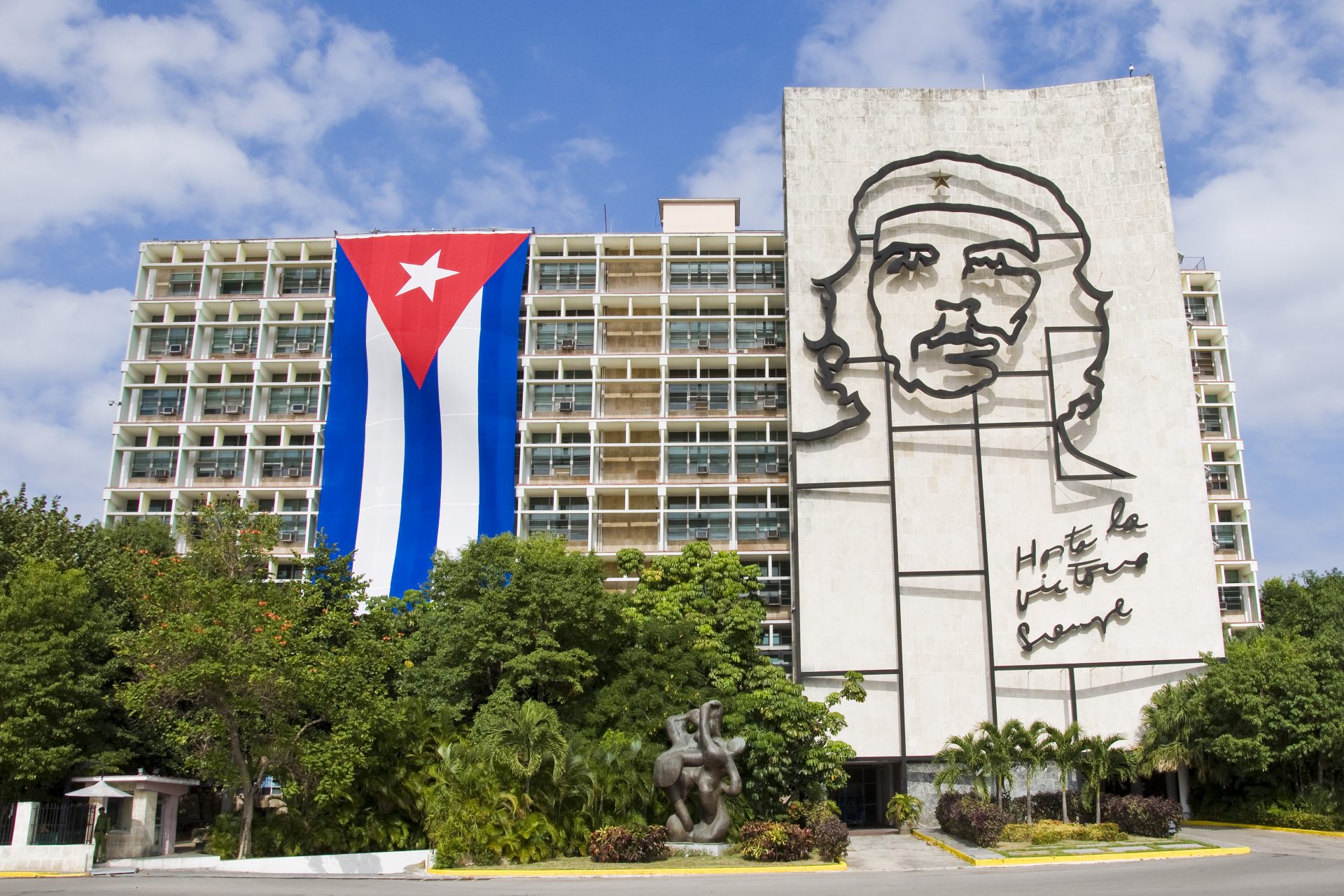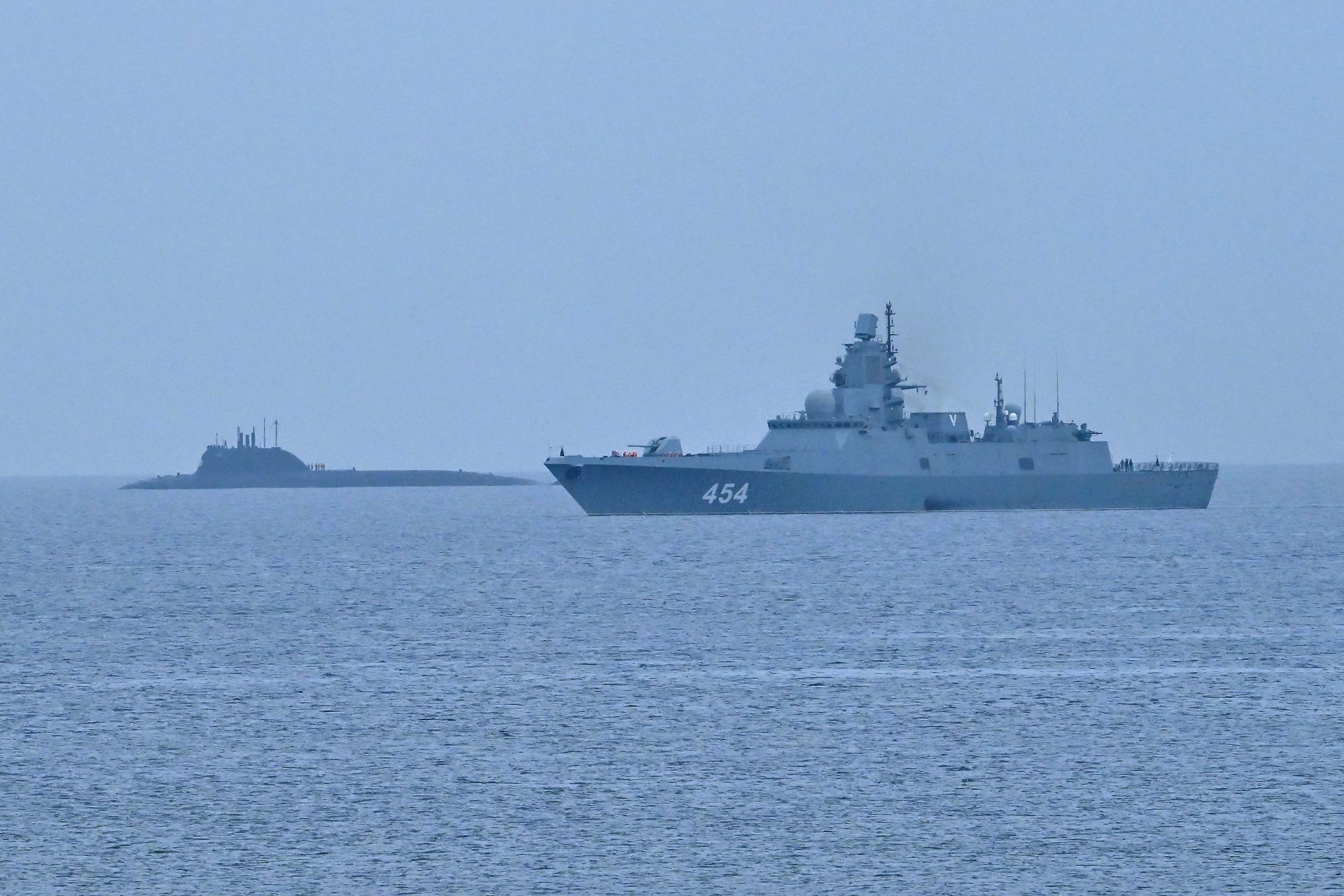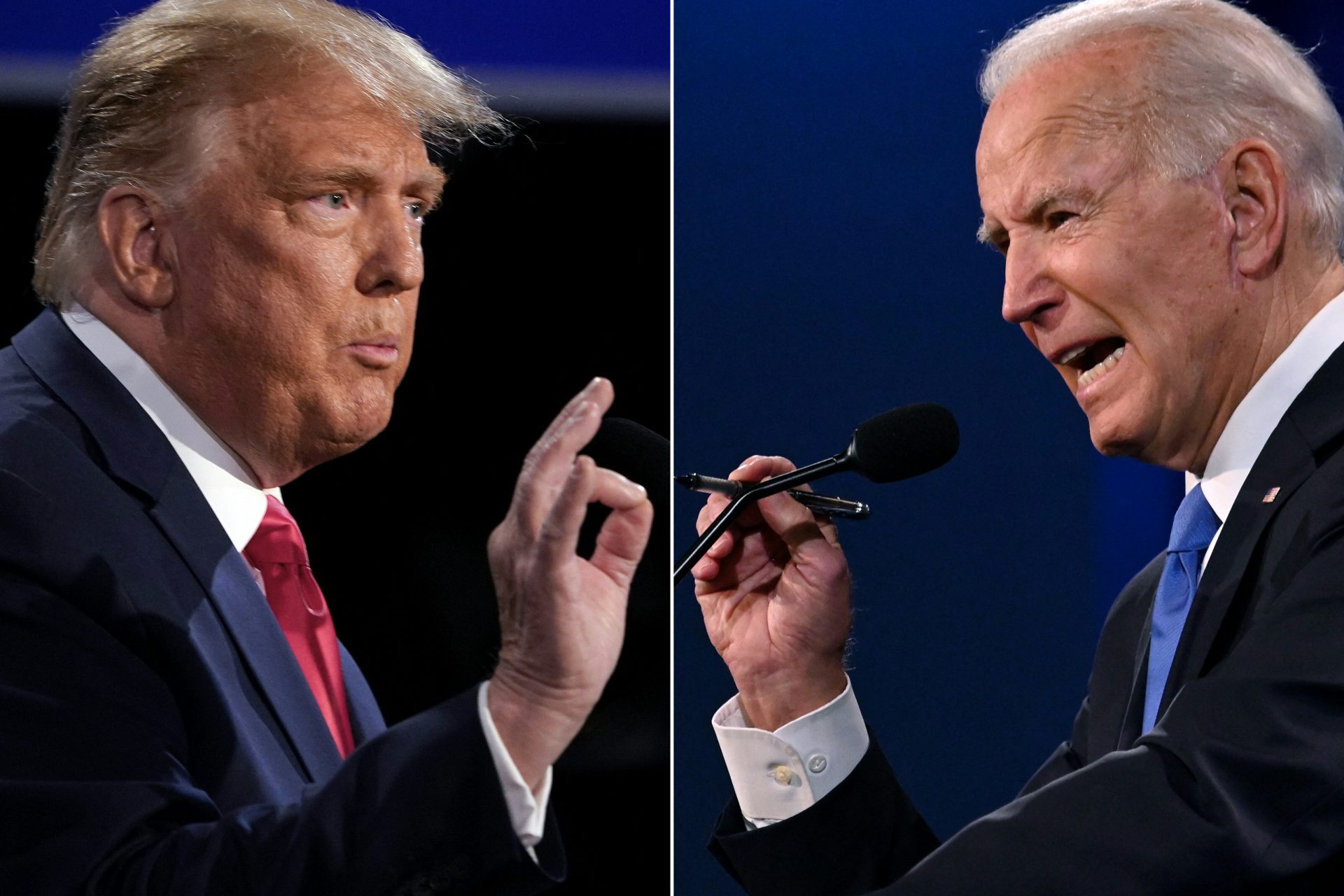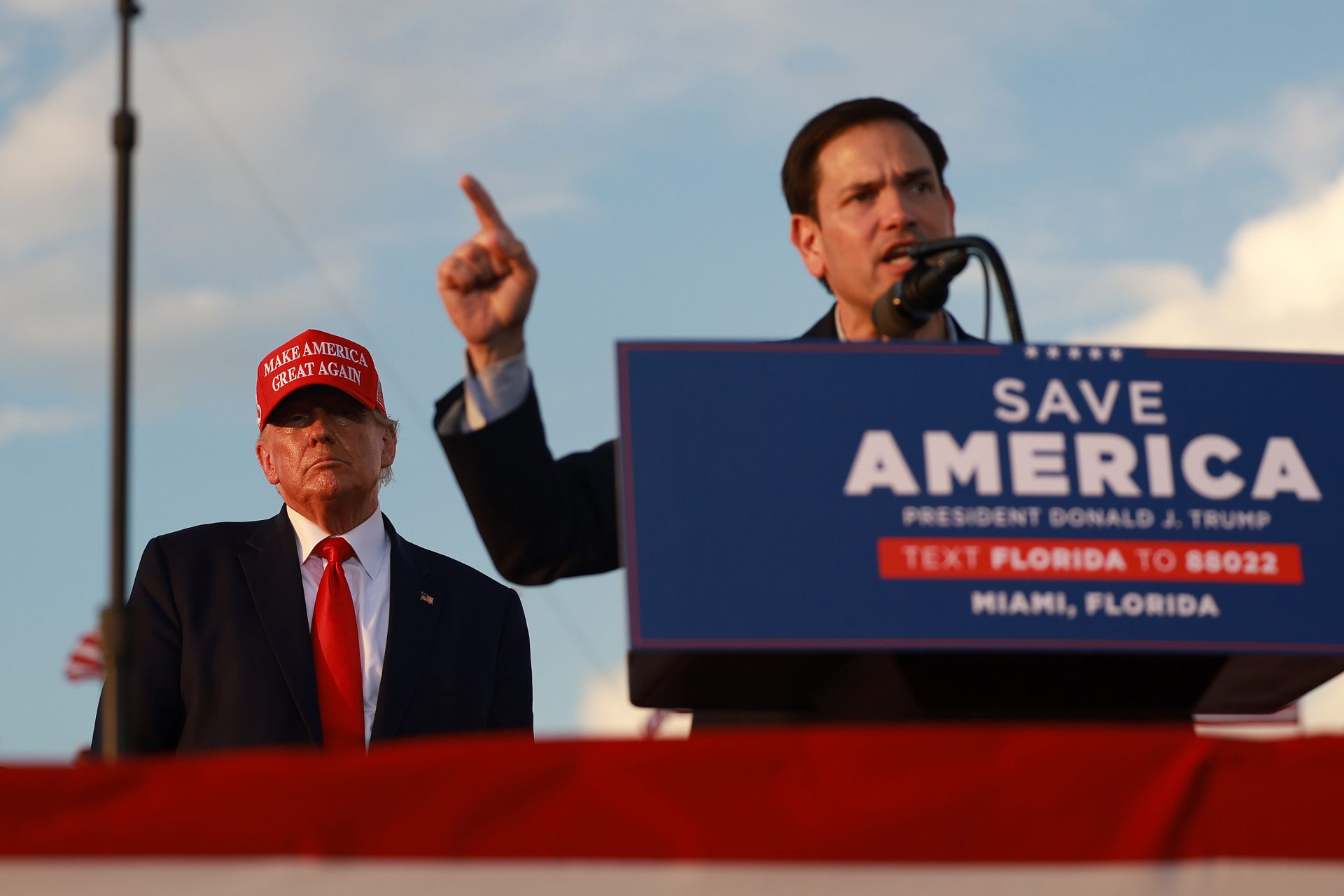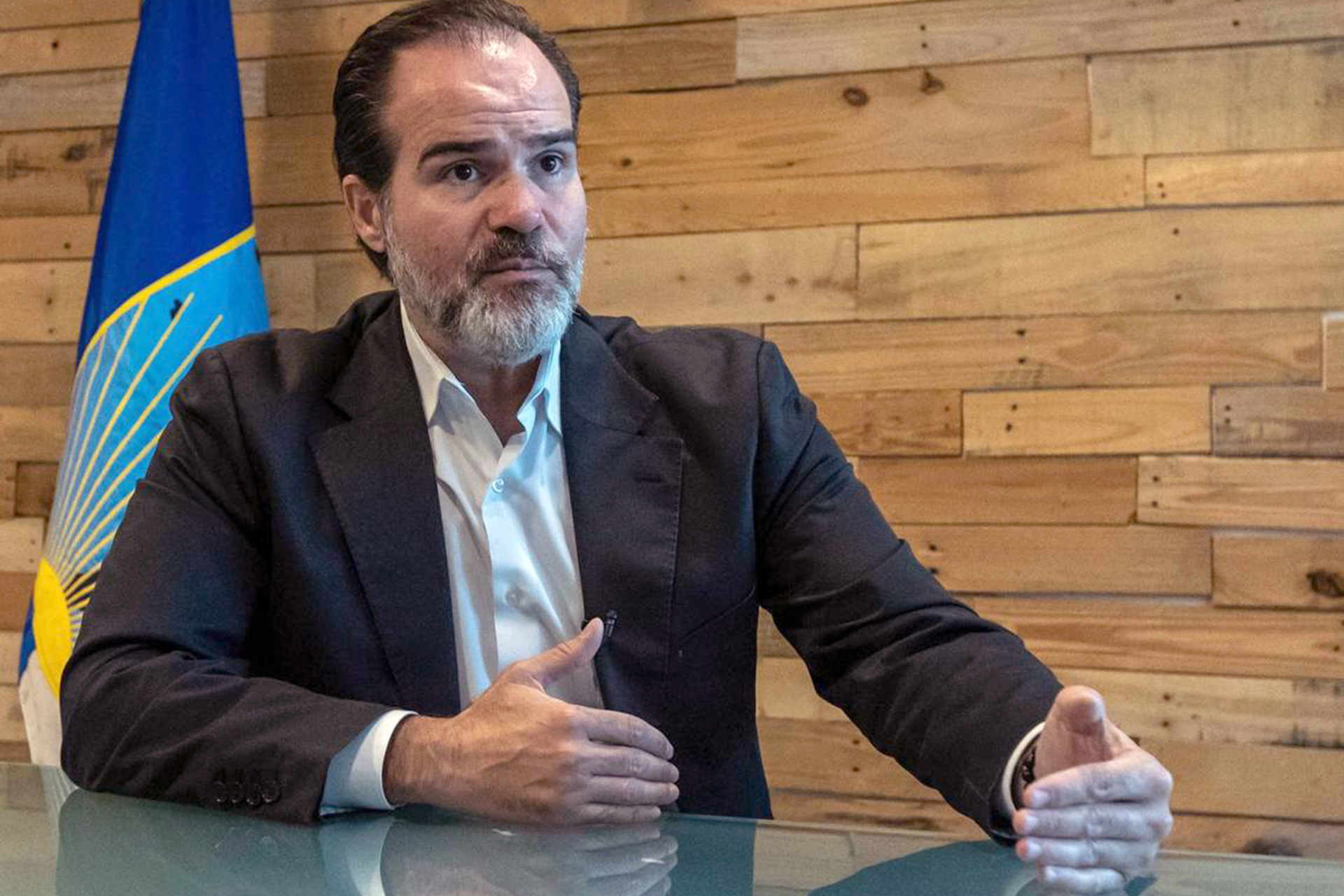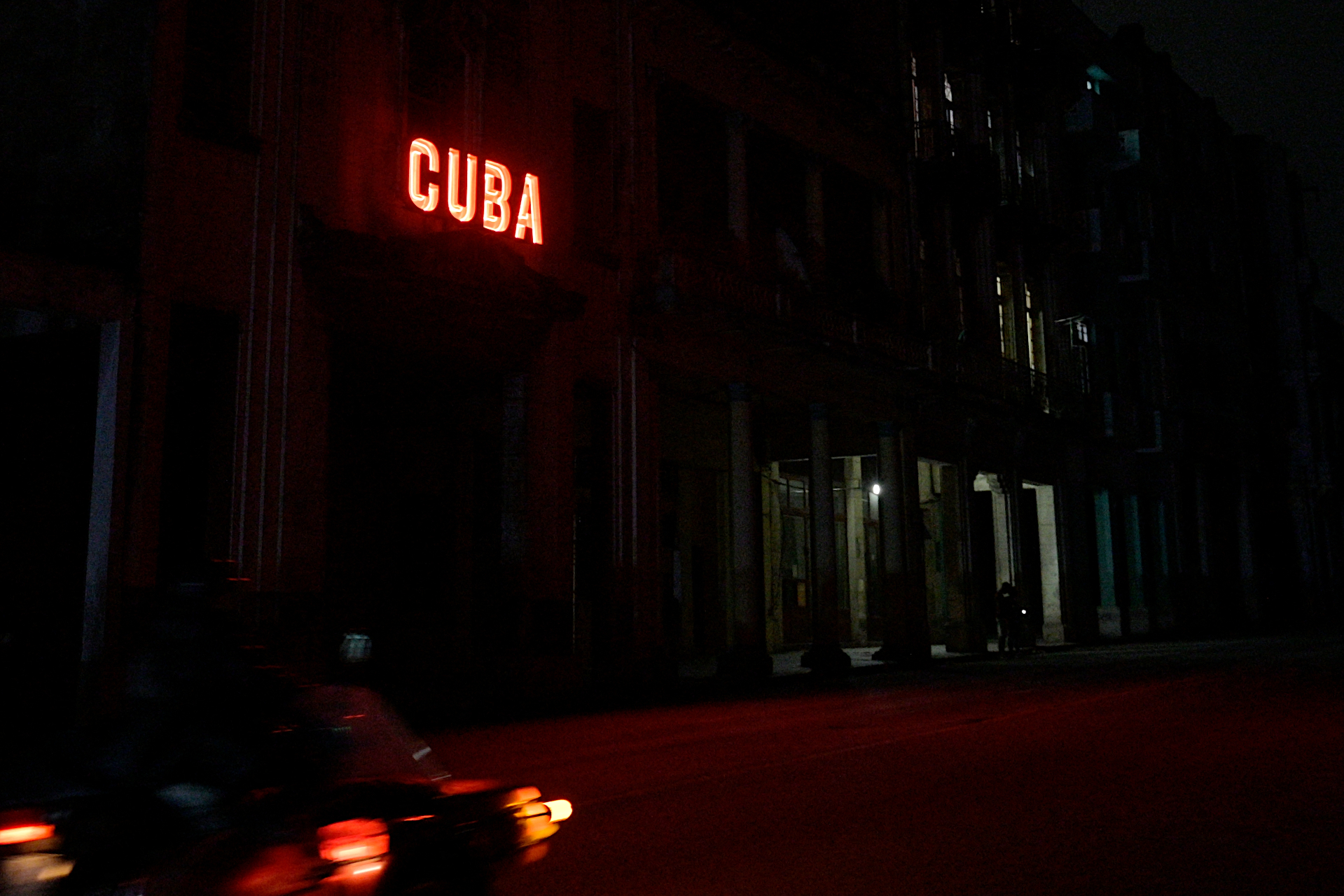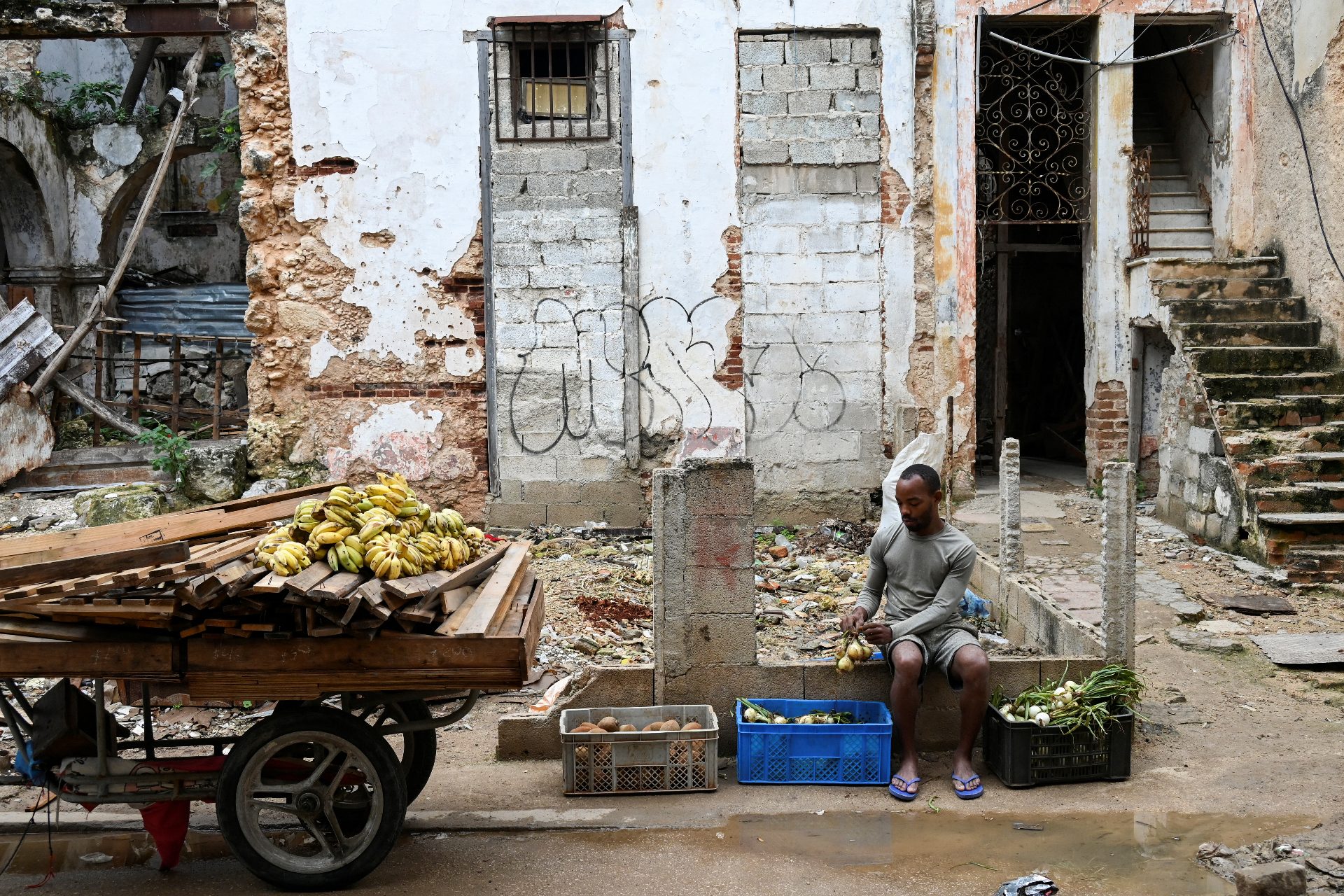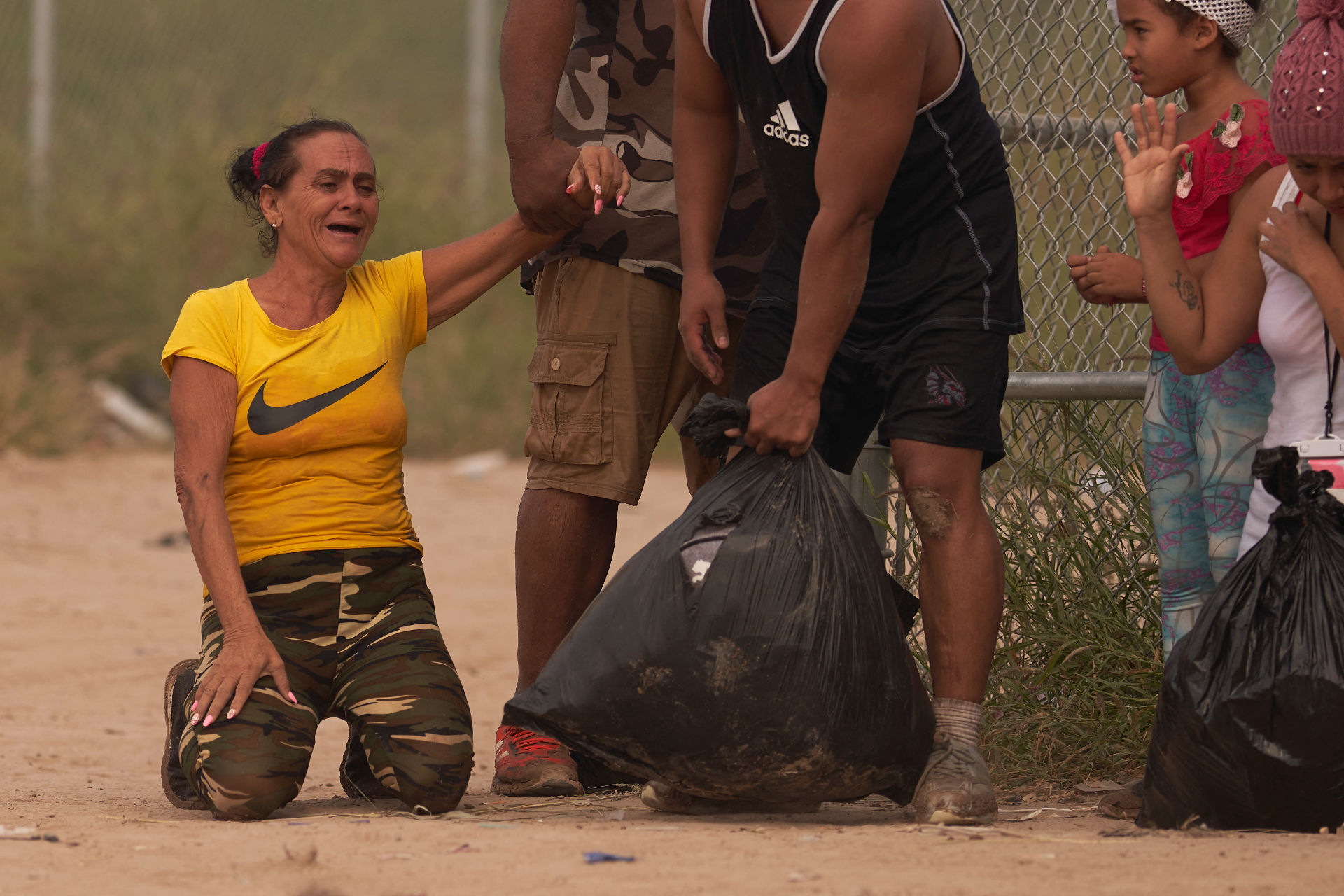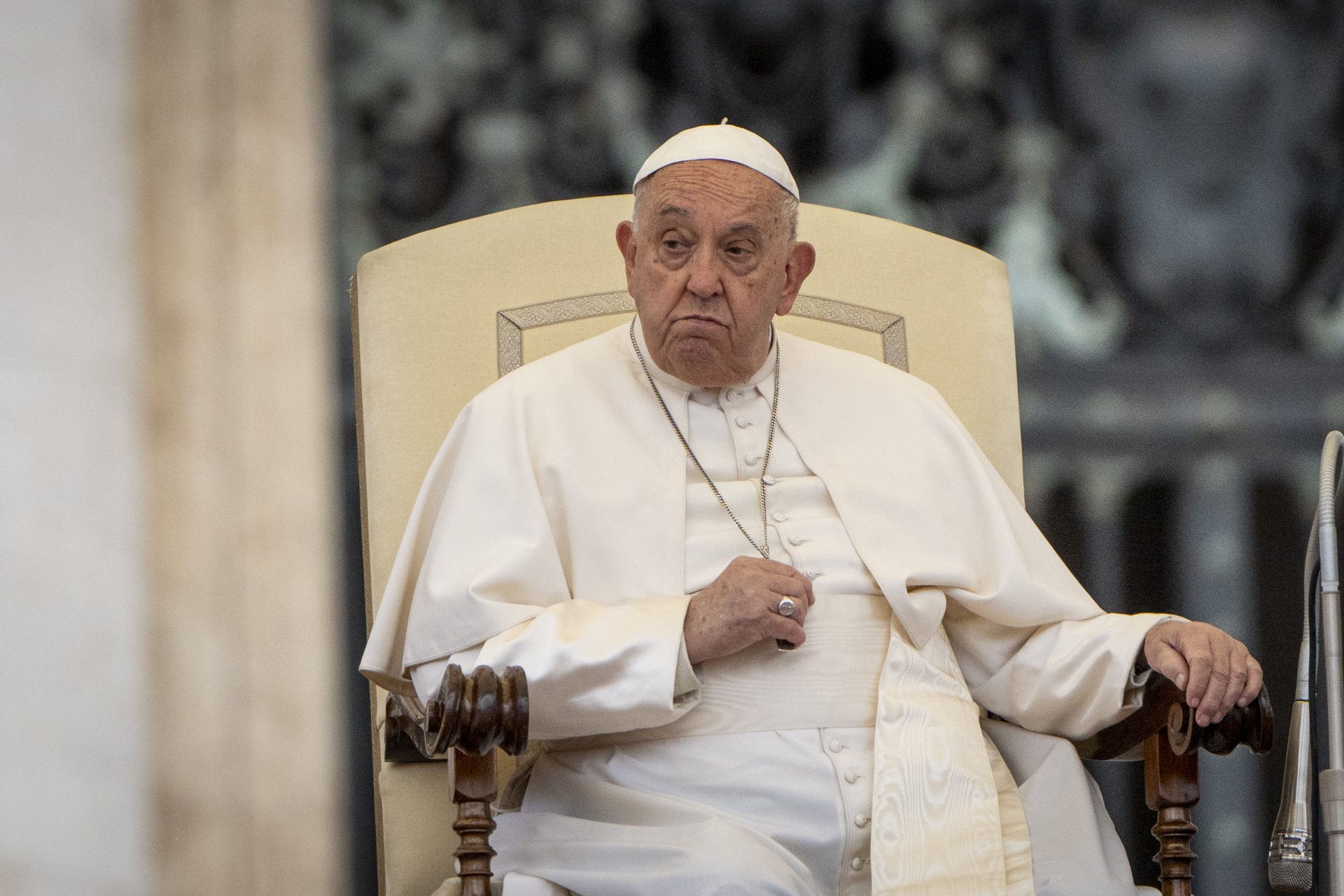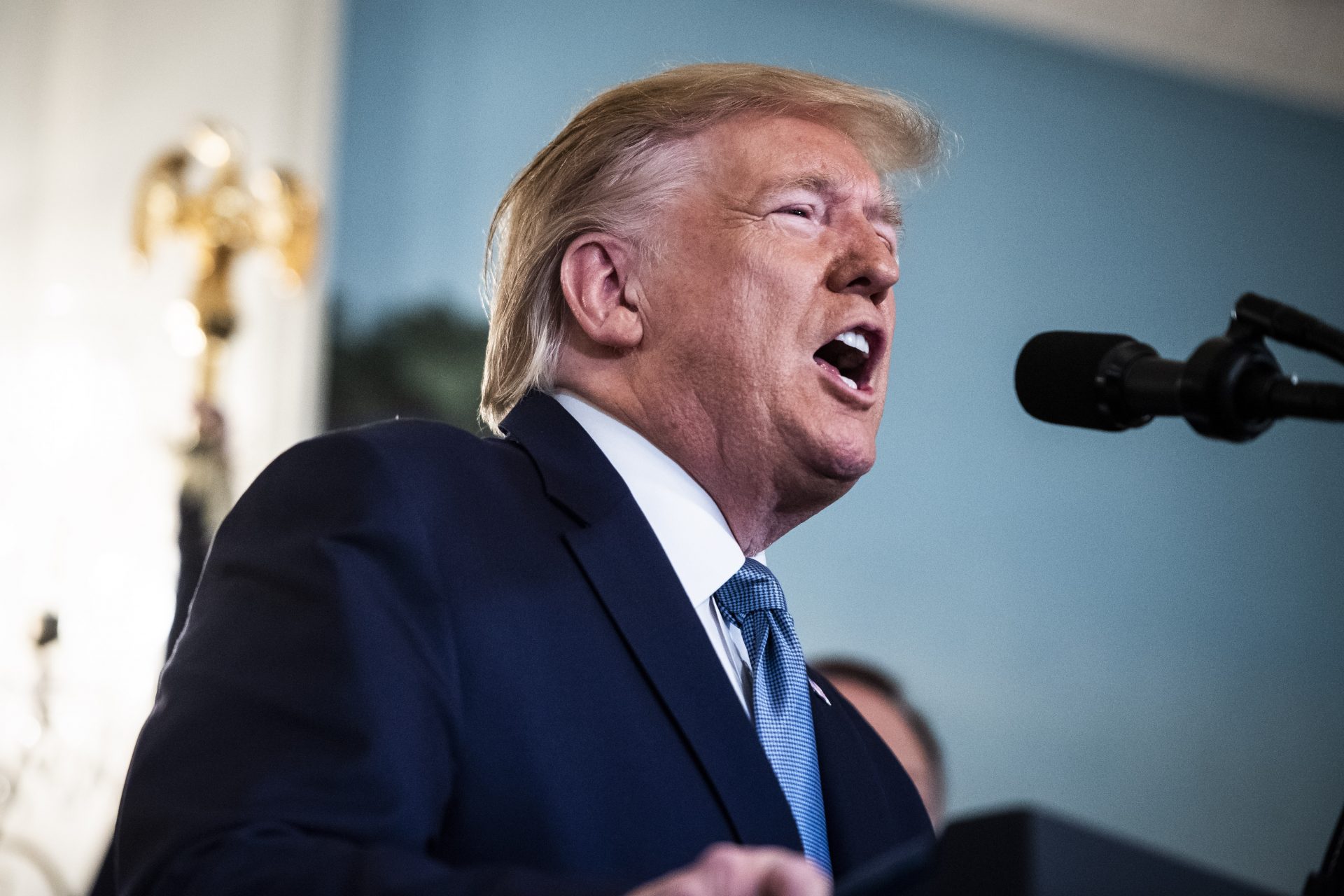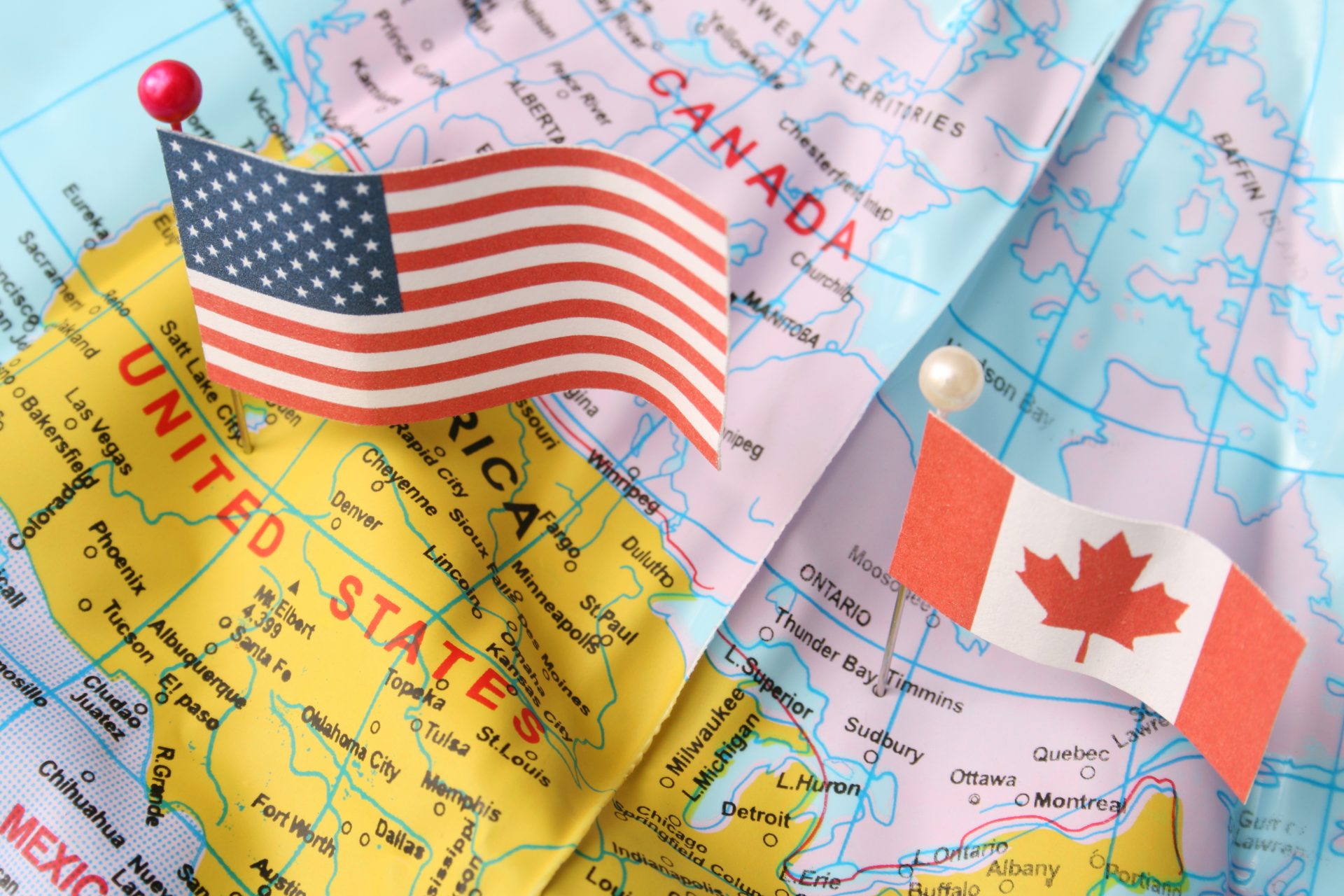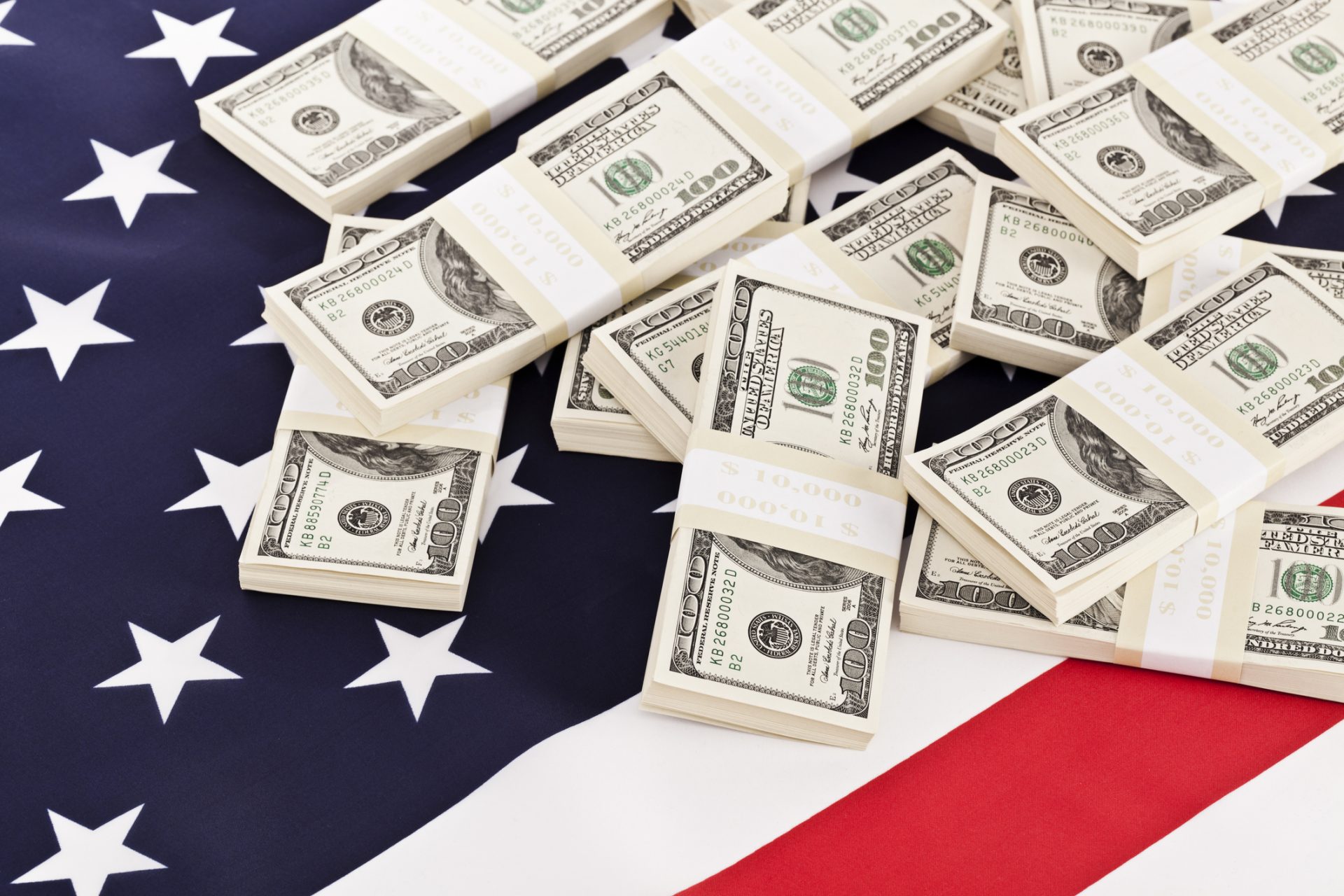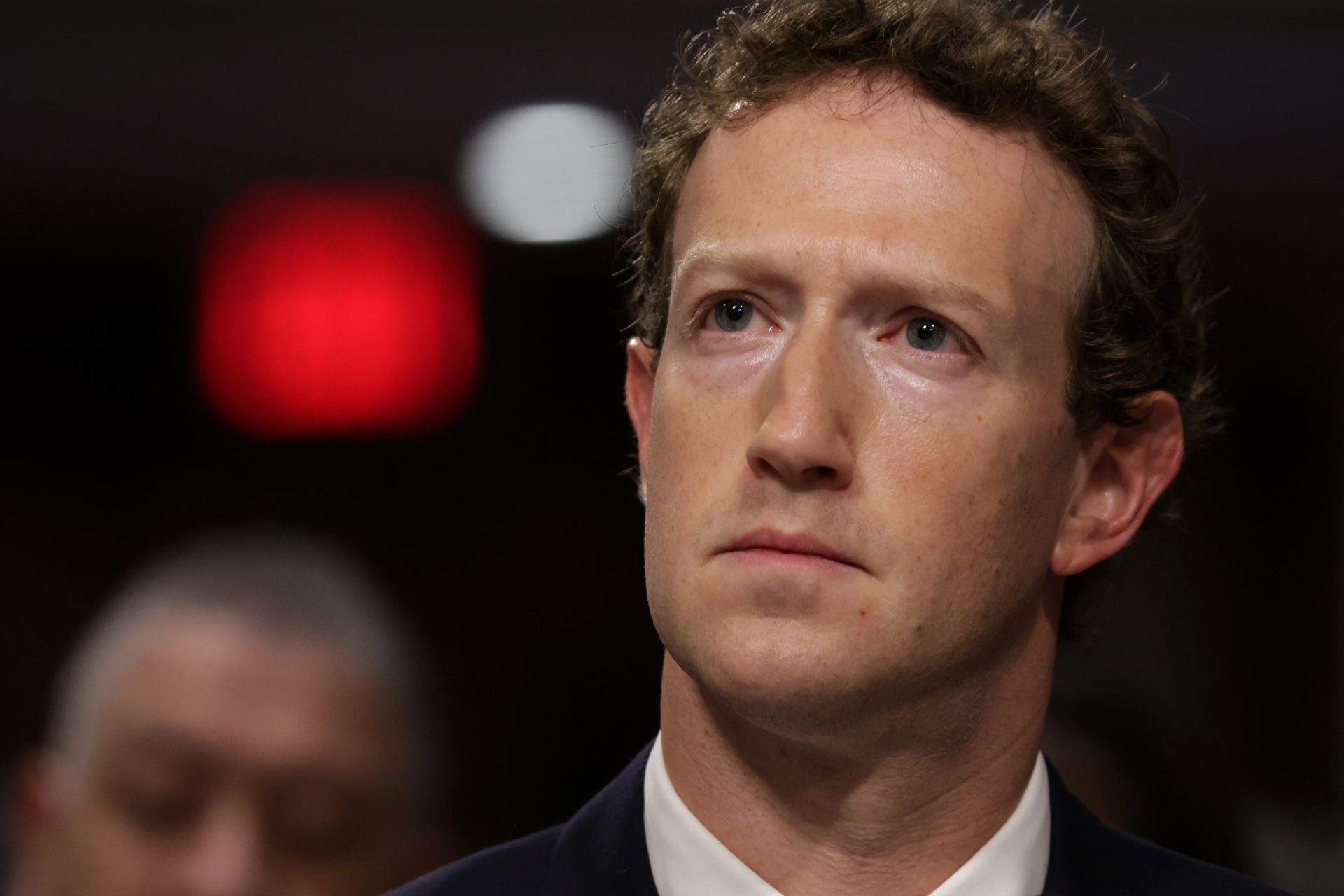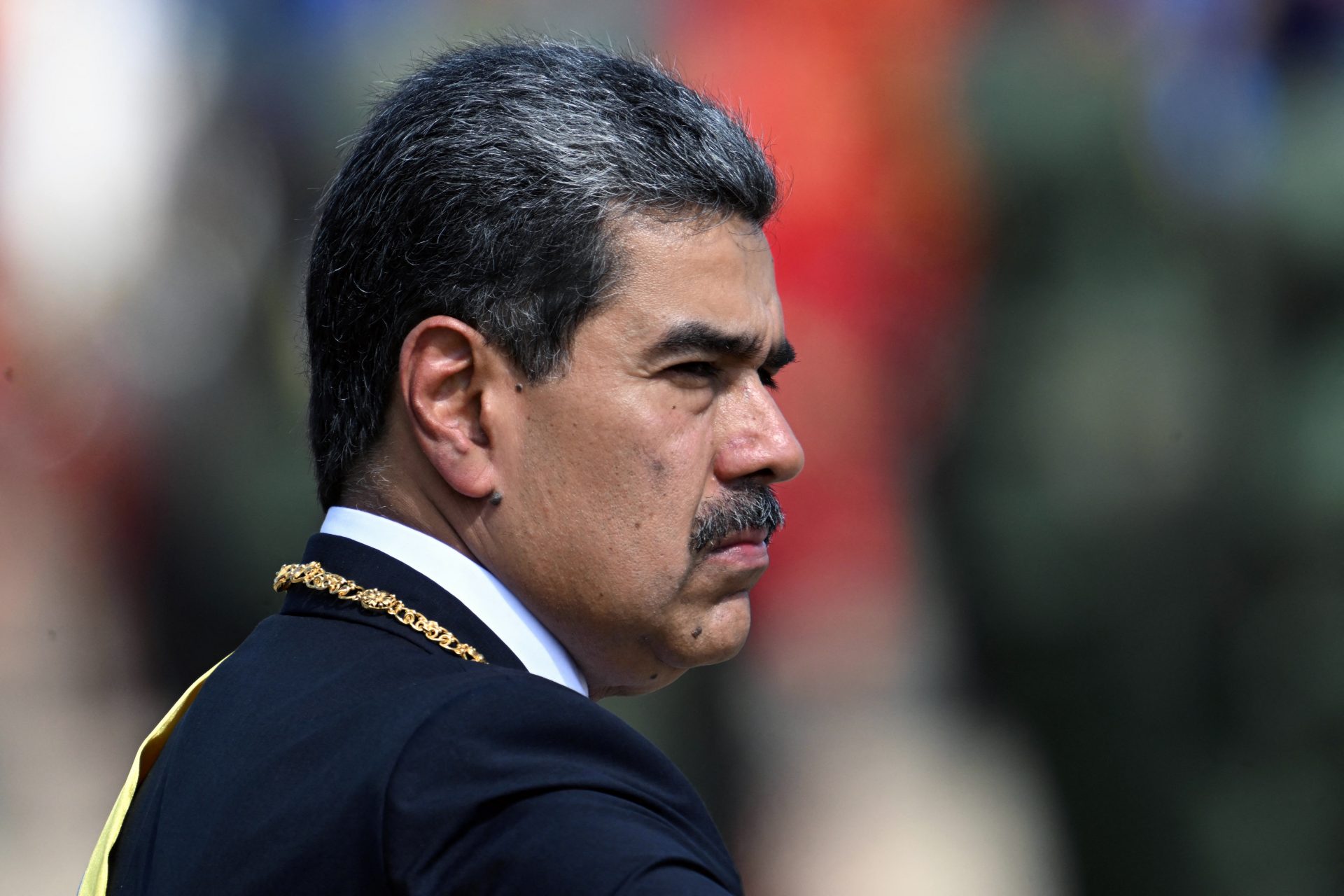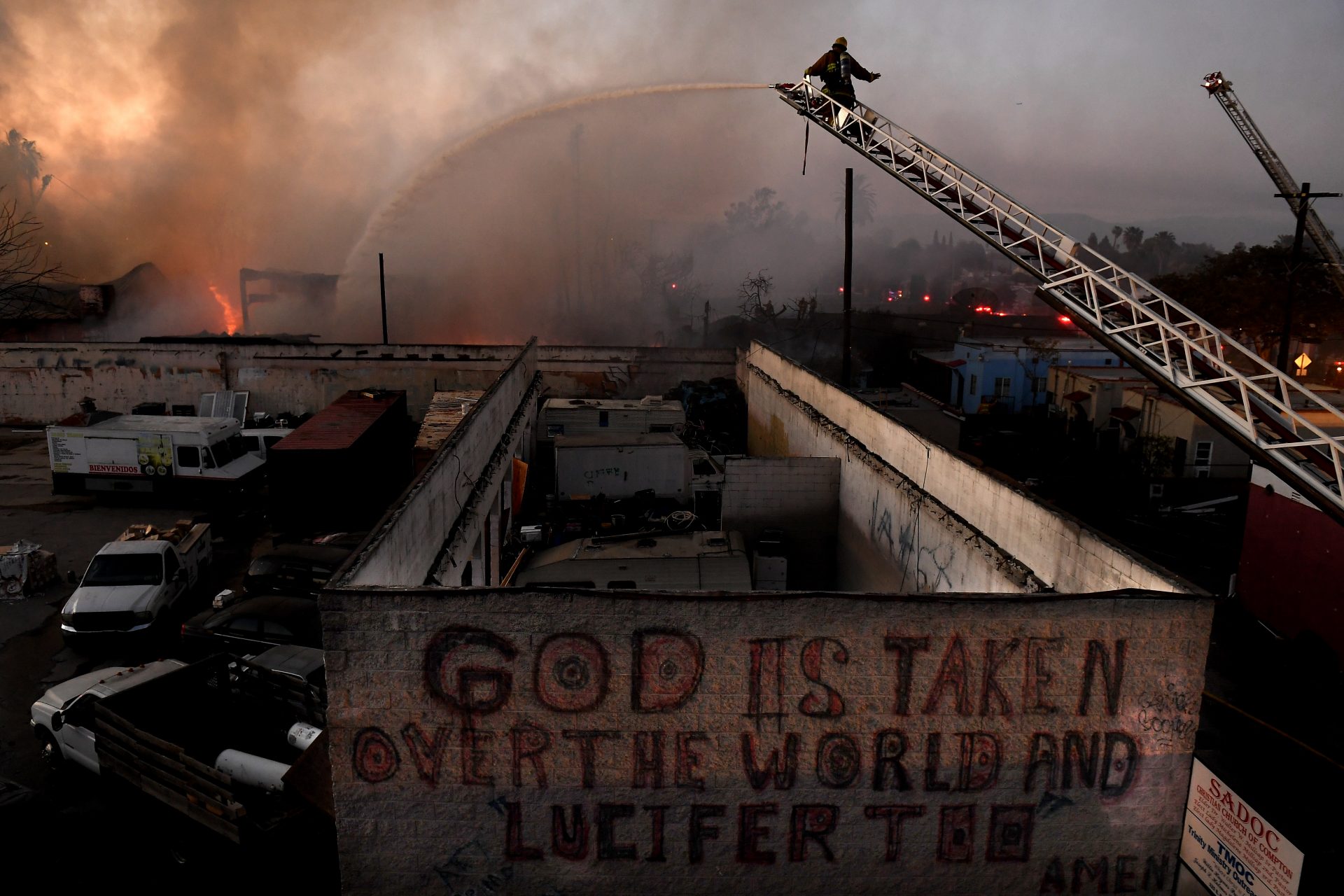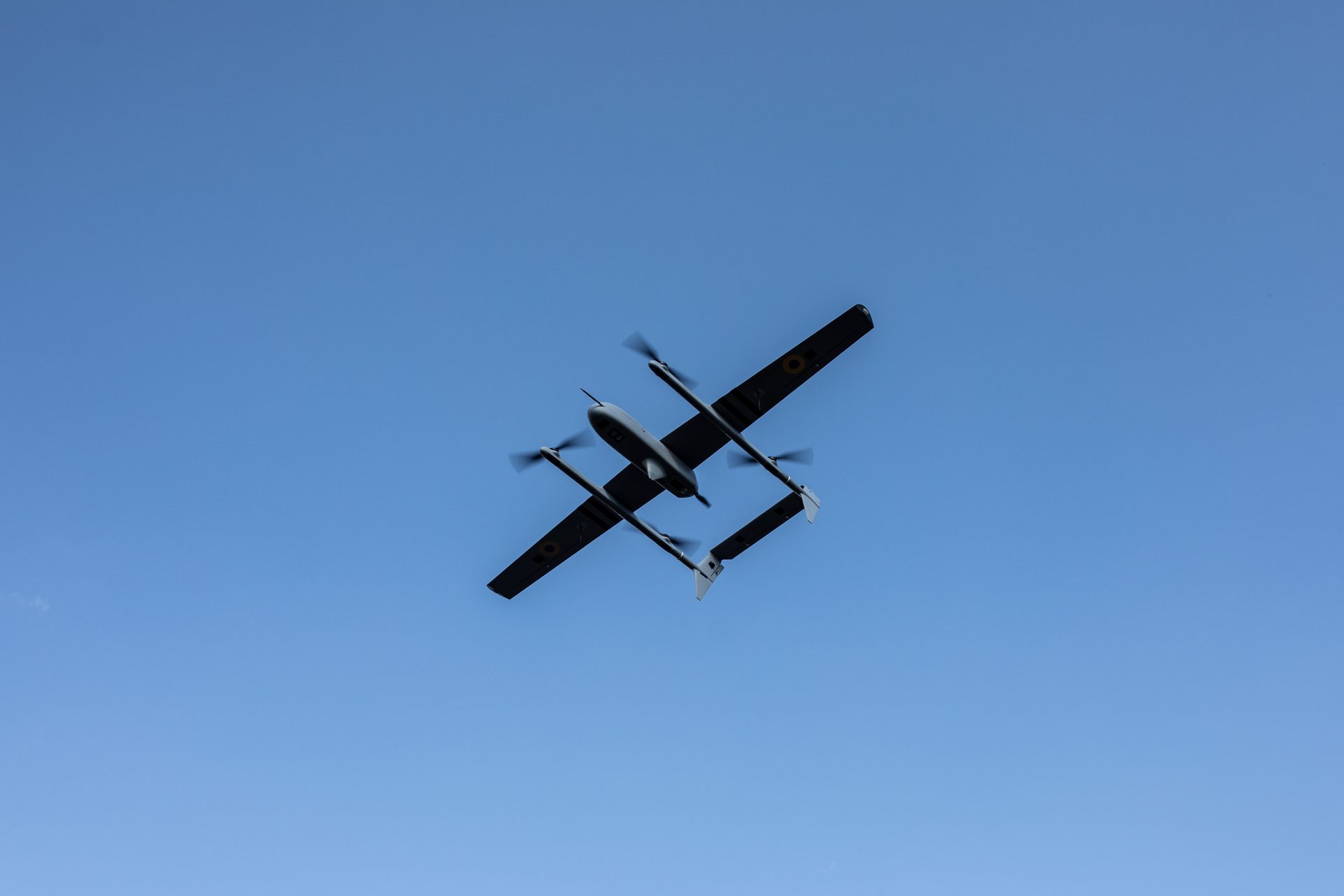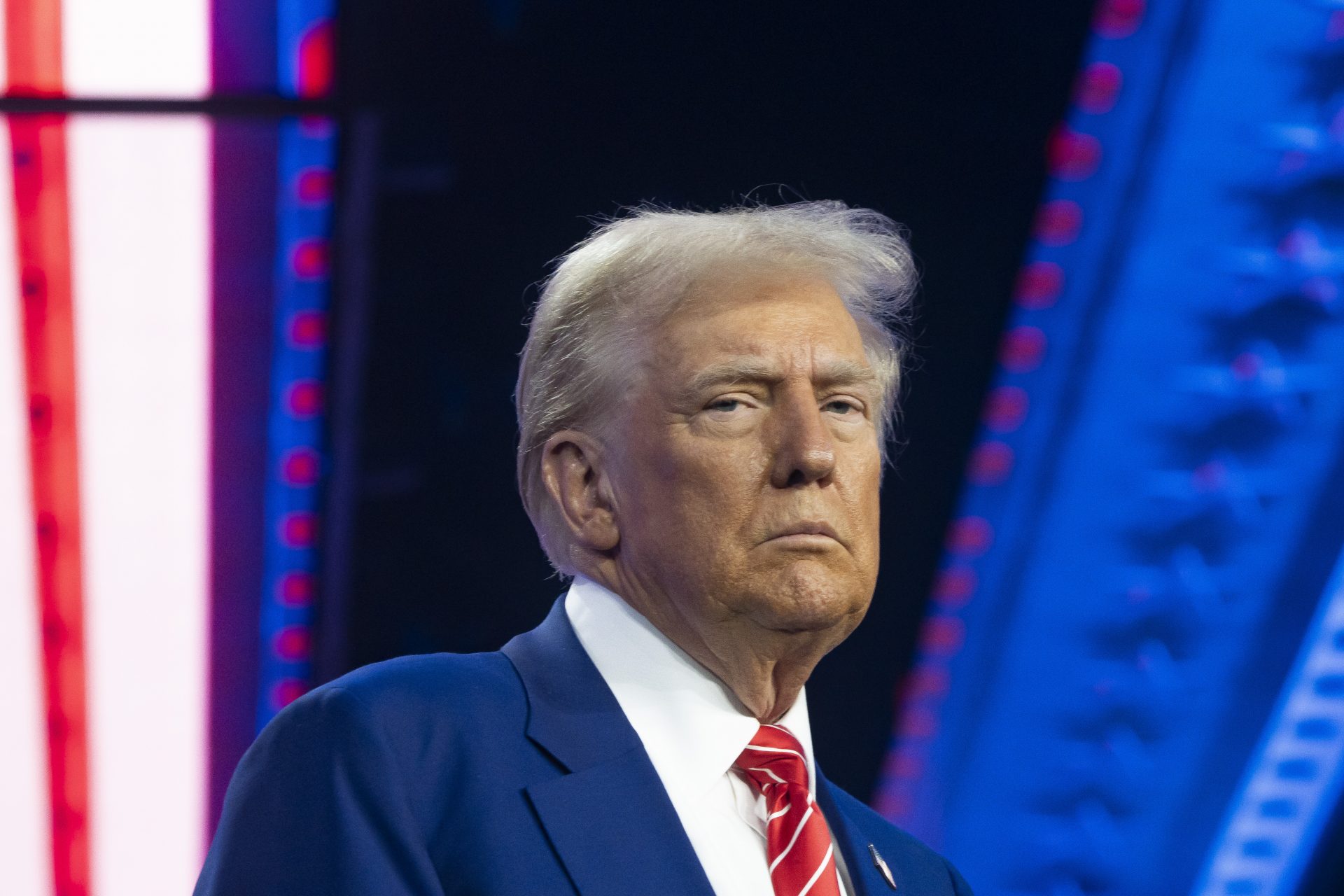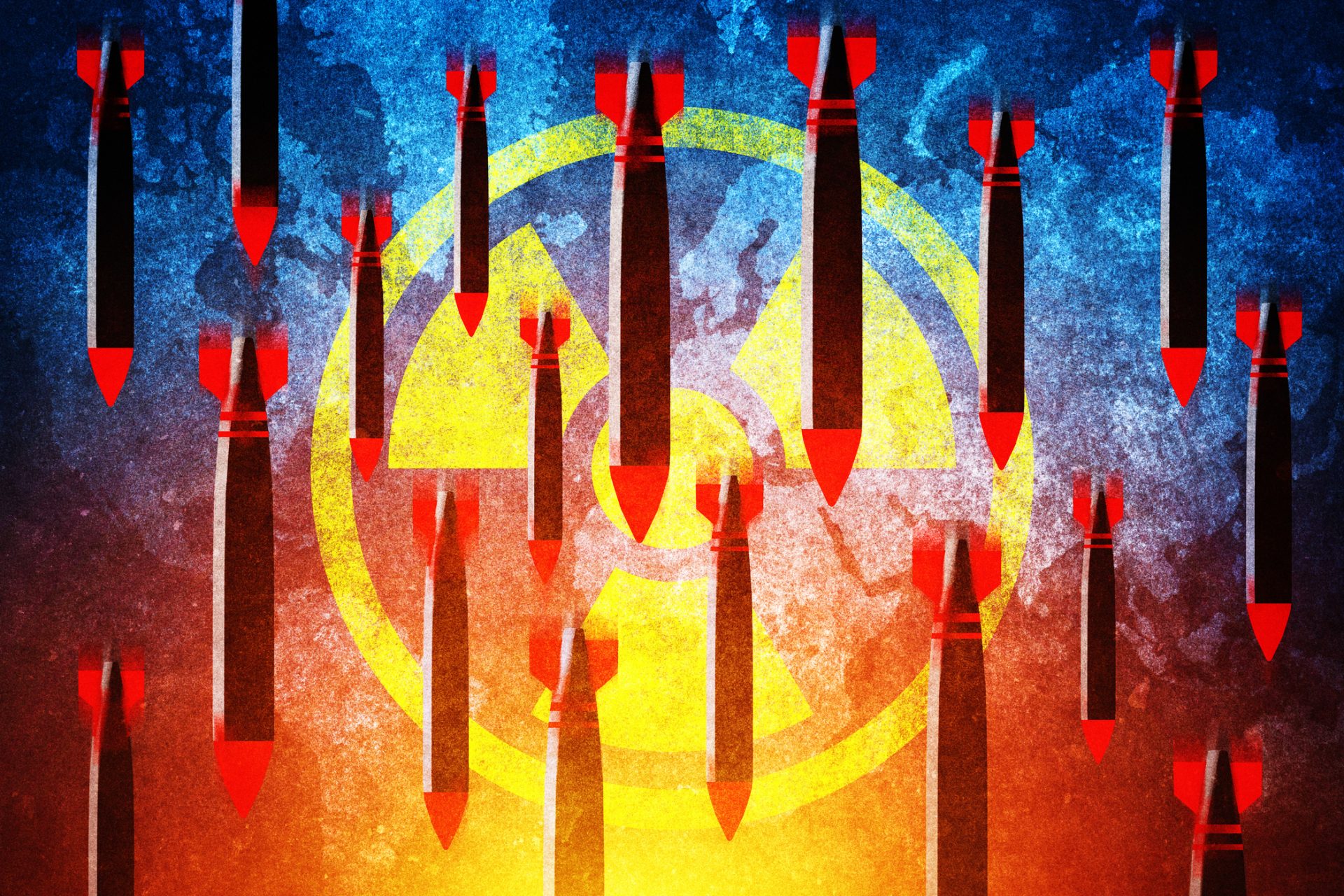Biden relaxes sanctions against Cuba days before leaving the White House
President Biden announced he would remove Cuba from the list of state sponsors of terrorism and relax other sanctions against the island just days before leaving the White House.
The country was on the list from 1986 until 2015, when President Obama removed it, but returned under the Trump administration in 2017. President Biden held the island there until now.
The designation makes it difficult for the island to access the international financial system. It also detracts foreign entities from investing in Cuba, as they risk US sanctions.
According to the New York Times, Biden also released Cuba from two other economic sanctions imposed during Donald Trump's first mandate.
He suspended a 1996 law that allowed people to file lawsuits in American courts over the property expropriated by the Cuban government.
He also eliminated sanctions against Cuban military entities, many of which manage tourism infrastructure on the island.
The changes are part of a list of policies that President Biden is putting in place ahead of a second Trump term. The new Administration will likely retract them.
Biden's decision adds to the inconsistency in the US's recent approach to Cuba. Trump's hard-line approach replaced President Obama's normalization, and President Biden was more inactive.
Donald Trump designated Marco Rubio Secretary of the State, a long-time proponent of a hard-line approach against the island, so the policies will likely change.
"It will take time" to repeal the changes, "but in the meantime, we can take other measures that will have even greater impact," Mauricio Claver-Carone, Mr. Trump's envoy for Latin America, told the New York Times.
Still, if upheld, President Biden's measures could give some oxygen to Cuba's communist government as it battles a deepening economic crisis.
The island is enduring constant power cuts, shortages, and high inflation after a series of failed economic decisions and Mr. Trump's hardened sanctions.
The crisis also caused a massive migratory wave. According to Customs and Border Protection, the Border Patrol has encountered over half a million Cuban immigrants on the southern border since 2022.
According to French news agency AFP, the Cuban government announced that it would release 553 prisoners "of various crimes" after the Biden administration announced its changes.
The regime did not specify who would be liberated, but US officials told foreign media some would be activists from the 2021 antigovernment protests. NGOs claim there are over 1,000 political prisoners on the island.
The agreement was achieved through Vatican mediation, as the Pope embarked on a worldwide campaign to free political prisoners ahead of the Jubilee year.
More for you
Top Stories



